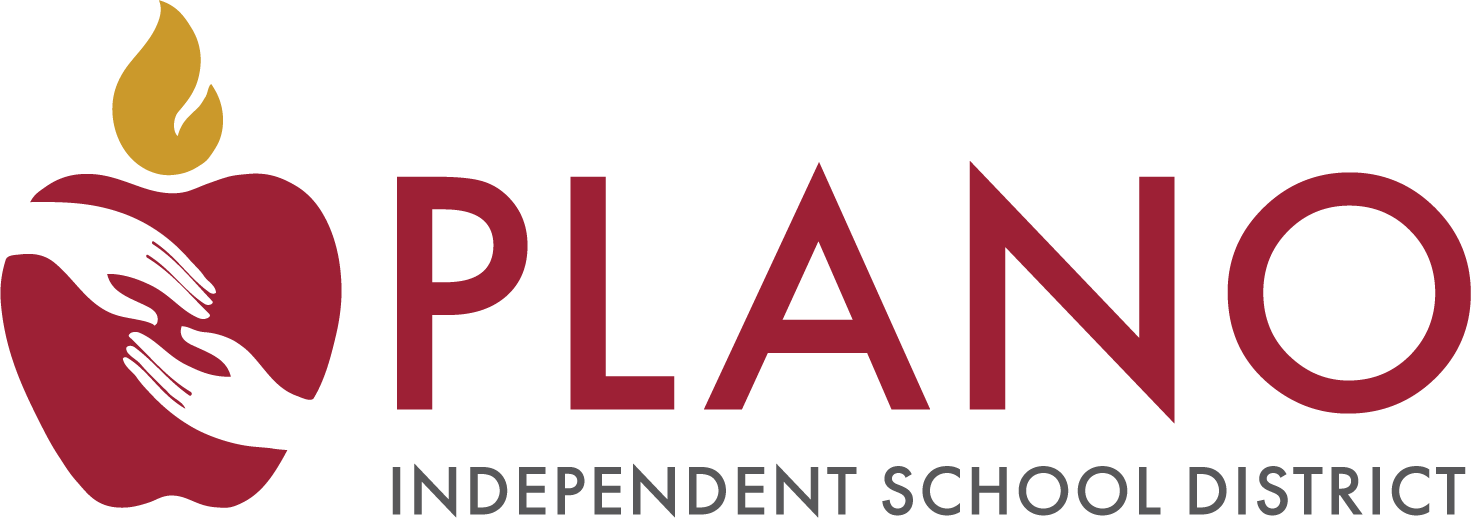Health Services
Page Navigation
- About District Health
- Anaphylaxis & Food Allergy
- Asthma Care
- Backpack Safety
- Communicable Diseases / Exclusions from School
- Diabetes Care
- Frequently Asked Questions
- Head Lice (Pediculosis)
- Health Forms
- Health News & Advisories
- Health Screenings
- Immunizations
- Medications at School
- Nurse Directory
- Return to Learn
- School Health Advisory Council
- Weather Guidelines
- Plano Independent School District
- Anaphylaxis & Food Allergy
-
Anaphylaxis & Food Allergy
-
Contact Us District Health Office
1300 19th Street, Building A
Plano, TX 75074
(469) 752-2266
Fax (469) 752-5996
Campus Nurses
Campus Nurse Directory 2024-2025
-
Anaphylaxis(Severe Allergic Reaction)
Anaphylaxis is a sudden, life threatening, severe allergic reaction. The most dangerous symptoms include breathing difficulties, a drop in blood pressure or shock.Common examples of potentially life threatening allergies are those to foods or stinging insects. Other allergic reactions may also occur to medications, latex, or exercise.
The emergency treatment is epinephrine, which is usually supplied in epinephrine auto-injectors (example: EpiPen® and EpiPen Jr® or Auvi-Q®).
While Plano ISD cannot guarantee an allergy-free environment at school, the district is committed to doing everything possible to ensure the safety of every child who has allergies.
Plano ISD has developed guidelines to manage students with these life threatening allergies so that they may safely participate in the educational process. Students who are at risk for developing anaphylaxis are entitled to carry and self-administer their anaphylaxis medications (epinephrine auto-injectors) while at school or a school event, if they have met the legal requirements below:
- The medication and the self-administration must be authorized by a physician or licensed health care provider.
- The student must demonstrate to the physician, or other health care provider and to the school nurse, the skill level necessary to self-administer the medication.
- Plano ISD has developed an Allergy Action Plan (English / Spanish) that has the components of the legal requirements included within it. Please contact your school nurse before enrollment or at the start of the new school year to obtain all the proper paper work needed to help ensure the safety of your student with a severe allergy.
All campuses have an emergency supply of epinephrine and diphenhydramine HCL (Benadryl) that school nurses may administer in the event of an unexpected, undiagnosed anaphylactic reaction. The District has specific procedures regarding the maintenance, administration, and disposal of epinephrine. The District works to provide epinephrine that is maintained in unlocked cabinets, checked periodically, and disposed of properly after use. Staff is appropriately trained as to the right circumstances in which to administer epinephrine and Benadryl in the event of an anaphylactic reaction. To view more information regarding the District’s procedures, please see the Food Allergy Management Plan.
Parents of children with known anaphylaxis are expected to provide an individual supply of emergency medication to the campus nurse.
-
Food Allergy(Including, but not limited to, peanut allergy)
Plano ISD Food Allergy Management Plan will be individualized to all students who have food allergies.Once notified of the student's allergy, a working partnership with the student, parents, student's physician, school nurse, and other Plano ISD personnel, as appropriate, begins the foundation for the development of an individual health plan (IHP).
Upon receipt of signed medical plans and parental consent, the IHP is developed. The first to be addressed is the emergency response. This ensures that a team of at least three (3) principal-designated staff members, who work daily with the affected student, are trained to recognize an allergic reaction, have the rescue drugs readily available, and can quickly treat the student. This will include training of these staff members annually or more frequently as the school nurse deems necessary.
The emergency response team in each school drills every semester to hone their response skills. In the case of severe life threatening allergies, the school principal will collaborate with the school nurse to send letters to other parents of the class requesting parents to voluntarily refrain from sending the food allergen in their child's belongings during school or for after-school activities, celebrations, and parties.
Depending on physical constraints within the school, if parents request, the principal may designate a food-allergy friendly area or lunch table.
The Food and Nutritional Service Department (FANS), in collaboration with the parents and the school nurse will follow their policy for medical documentation for meal substitution when applicable. Also, site-based FANS Managers will flag the child's account through the point-of-sale system.
Students and staff will be reminded of handwashing guidelines and will be encouraged to do so when appropriate.
The custodial department will be instructed to use commercial wipes and cleaners that remove the allergen from the hard surfaces.
Non-food items will be adapted in the curriculum for those classes who have students with food allergies.
The transportation department will also be notified and trained to recognize the specific reactions to life threatening allergies.


